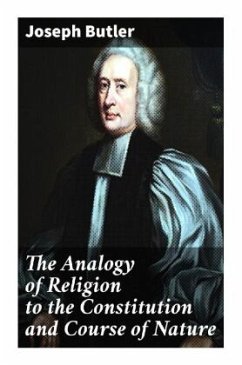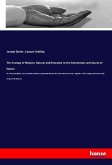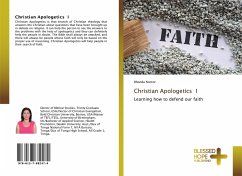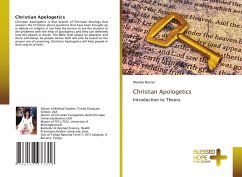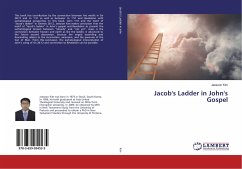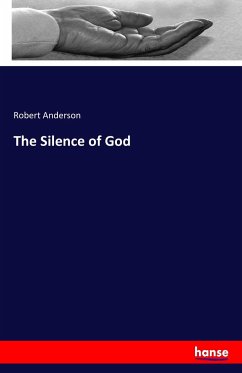In "The Analogy of Religion to the Constitution and Course of Nature," Joseph Butler deftly navigates the intricate relationship between religious belief and the natural order, proposing that the principles governing the universe mirror the foundational tenets of faith. Written in the 18th century, this profound treatise employs both analytical reasoning and rhetorical precision, challenging readers to consider divine providence as inherently woven into the fabric of existence. Butler's work is steeped in the intellectual currents of the Enlightenment, engaging with contemporaneous debates surrounding reason, morality, and spirituality, while offering a compelling argument for the rationality of religious faith in the face of skepticism. Joseph Butler (1692-1752), an English bishop and philosopher, drew from his extensive background in theology and ethics to craft this significant text. Influenced by his pastoral role and the philosophical inquiries of his time, Butler sought to bridge the chasm between empirical observation and spiritual understanding. His distinctive approach, combining moral philosophy with theological inquiry, reflects his commitment to illuminating the complexities of human experience in the light of religious truth. This work is essential for readers seeking a deeper understanding of the interplay between faith and reason. Butler's astute observations and rigorous argumentation invite one to reflect on the harmony between the world we inhabit and the spiritual truths that shape human existence. It is a thought-provoking read for anyone grappling with existential questions or the role of religion in the modern age.
Bitte wählen Sie Ihr Anliegen aus.
Rechnungen
Retourenschein anfordern
Bestellstatus
Storno

